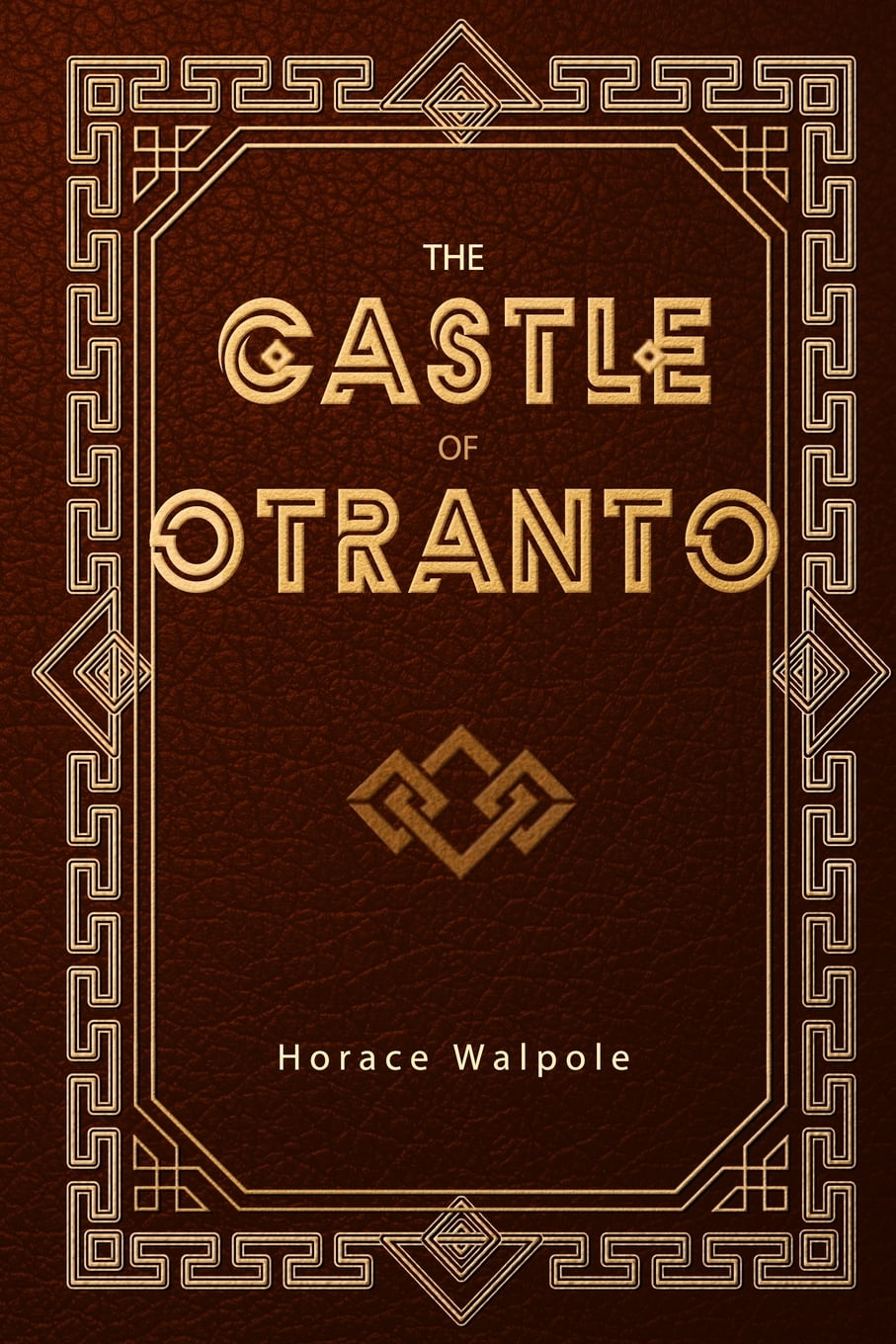
He had deep home affections, and, under many polite affectations, plenty of good sense. I always want to begin acting like a man, and a sensible one, which I think I might be if I would.

I sometimes reflect on this, though, I own, too seldom. I am sensible, he wrote to his most intimate friend, I am sensible of having more follies and weaknesses and fewer real good qualities than most men. But he was not an empty idler, and there were seasons when he could become a sharp judge of himself. He had social wit, and liked to put it to small uses. Horace Walpole idled, and amused himself with the small life of the fashionable world to which he was proud of belonging, though he had a quick eye for its vanities. As Usher of the Exchequer, Comptroller of the Pipe, and Clerk of the Estreats in the Exchequer, he received nearly two thousand a year for doing nothing, lived with his father, and amused himself. Horace Walpole went from Eton to King’s College, Cambridge, and entered Parliament in 1741, the year before his father’s final resignation and acceptance of an earldom. In 1739 Gray was travelling-companion with Walpole in France and Italy until they differed and parted but the friendship was afterwards renewed, and remained firm to the end. Horace Walpole was educated at Eton, where he formed a school friendship with Thomas Gray, who was but a few months older. He was born in 1717, the year in which his father resigned office, remaining in opposition for almost three years before his return to a long tenure of power. Horace Walpole was the youngest son of Sir Robert Walpole, the great statesman, who died Earl of Orford.

The novel was a success all over Europe, and the poet Thomas Gray commented in a letter to Walpole that it made ‘some of us cry a little, and all in general afraid to go to bed o’nights.’ Read more The Castle of Otranto blends elements of realist fiction with the supernatural and fantastical, laying down many of the plot devices and character-types that would become typical of the Gothic: secret passages, clanging trapdoors, hidden identities and vulnerable heroines fleeing from men with evil intent. Faced with the extinction of his line, Manfred vows to divorce his wife and marry the terrified Isabella himself. The novel begins with the death of Manfred’s son, Conrad, who is crushed to death by an enormous helmet on the morning of his wedding to the beautiful princess Isabella. It tells the story of Manfred, the prince of Otranto, who is keen to secure the castle for his descendants in the face of a mysterious curse.


"The Castle of Otranto", by Horace Walpole, published in 1764, is generally viewed as the first Gothic novel and it is often said to have founded the horror story as a legitimate literary form.


 0 kommentar(er)
0 kommentar(er)
